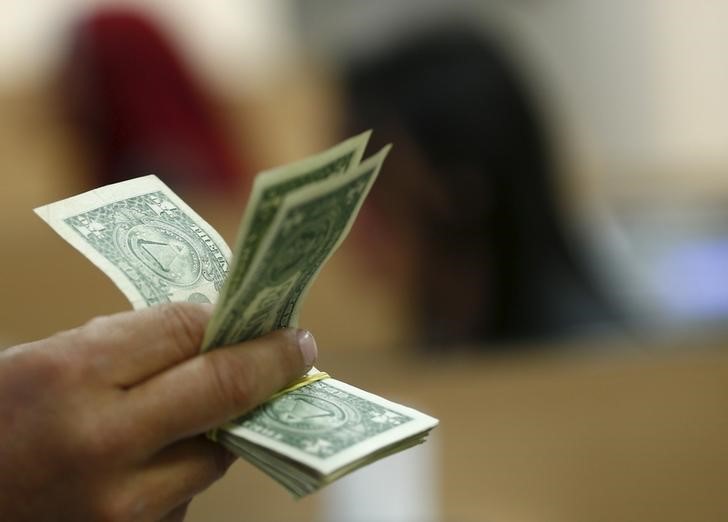The U.S. dollar retained its gains against peers on Friday, following strong U.S. economic data and a rate hike by the European Central Bank (ECB). The currency's strengthening came in response to higher-than-expected U.S. retail sales and an ECB decision that prompted a drop in European yields.
U.S. retail sales for August were boosted by higher gasoline prices, resulting in a 0.6% month-on-month increase, surpassing the estimated rise of 0.2%. This positive economic data contributed to the dollar's strength, with the U.S. dollar index reaching close to Thursday's six-month peak of 105.430.
On Thursday, the ECB raised rates to a record high of 4%, however, it signaled that this might be the end of its rate-hiking cycle as economic growth slows down. The ECB statement noted that the key interest rates have reached levels which, if sustained for a sufficiently long duration, will contribute significantly to inflation returning to target levels.
Following the ECB's decision, which was characterized as a dovish hike by markets, the euro hit a multi-month low of $1.0632 against the dollar, while European Government Bond (EGB) yields finished 3-6 basis points lower.
Meanwhile, Australian Commonwealth Government Bonds (ACGBs) saw little change on Thursday after the ECB decision and stronger than expected U.S. data left U.S. treasuries around 4 basis points cheaper. The AU-US 10-year yield differential was 4 basis points lower at -18 basis points.
In Asia, market participants are now turning their attention to a surge of economic data from China, including retail sales and investment growth figures. These data points are being closely watched for further signs of slowing in the world's second-largest economy.
Ahead of the Chinese data release, the offshore yuan continued to weaken against the dollar, reaching 7.2918. The yuan's depreciation on Thursday came after the People's Bank of China (PBOC) announced a 25-basis point cut to banks' reserve requirement ratio. Despite this stimulus measure, analysts suggest that more support is needed to boost consumer confidence and prevent further pressure on the Chinese currency.
This article was generated with the support of AI and reviewed by an editor. For more information see our T&C.
